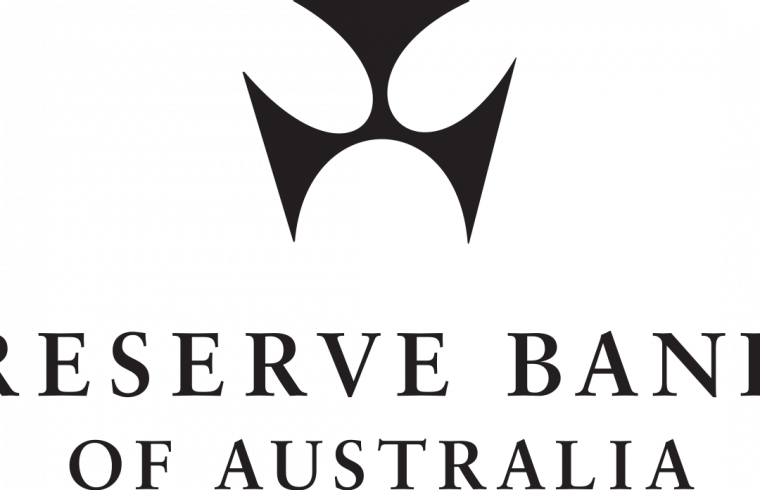At its meeting on Friday 22 February 2019, the Payments System Board discussed a number of issues, including:
- Messaging standards used in the Australian payments system, including for RITS, the Reserve Bank’s real-time gross settlement system. The Board discussed the recent announcement by SWIFT of its decision to cease support of some existing message formats used in payments systems all around the world. By late 2025 these will need to migrate to a new format, which uses the International Organization for Standardization (ISO) 20022 standard. The Board identified this as a key strategic issue for the industry and endorsed the Bank conducting a consultation with industry on the migration to the new standard, including the project’s scope, governance, migration strategy and timeline. The Bank expects to release a consultation paper in the coming weeks.

- The default of a clearing participant at Nasdaq Clearing AB, a Swedish central counterparty (CCP), in September 2018. The losses experienced in closing out trading positions were large enough to result in significant losses to the CCP’s default fund, which historically is very unusual. Members noted the increasing role of CCPs in financial markets following the reforms in response to the global financial crisis, and stressed the importance that any lessons were learned by CCPs licensed to operate in Australia.
- The Bank’s annual assessment of Chicago Mercantile Exchange Inc. for the 12 months ending 31 December 2018. The assessment will be published once it has been provided formally to the Treasurer and the Australian Securities and Investments Commission and to the relevant overseas regulators.
- An annual review of domestic payment systems. Members reviewed developments in the payments landscape and affirmed that RITS is currently the only domestic system that should be subject to ongoing oversight and assessment against the Principles for Financial Market Infrastructures.
- Accessibility of the retail payments system. The Board discussed the challenges that people with vision and/or motor impairment face when using payment devices that require PIN entry on a touchscreen without physically distinguishable keys. Members noted that all Australians should have access to convenient electronic payment methods and that this was important to the efficiency of the payments system. The Board welcomed the Australian Payments Network’s work to address this issue and indicated its support for a solution that encompasses all payment devices. The Board will be following progress closely.
- Least-cost routing of debit card transactions. Members were briefed on the progress of the major banks and the expectation that some would be making this functionality broadly available in coming months. Members welcomed indications of the resulting downward pressure on payment costs for merchants.
- The New Payments Platform (NPP). Members noted the continued steady growth in NPP transactions. They noted that the realisation of the full potential of the NPP would require near-ubiquity, i.e. with essentially all financial institutions fully enabling the capacity for their customers to send and receive payments. They requested that the staff continue to monitor the progress of the major banks in this regard.
- The development of draft variations to clarify the operation of the Bank’s standards regulating card interchange fees and net compensation to issuers. The Bank expects to publish a consultation on the draft variations in the coming week.
- Payments system statistics. The Board was briefed on changes to the Bank’s monthly payments statistical tables that will be released on 21 March. The new tables expand the range of data that the Bank publishes, including new data on the NPP, on credit, debit and prepaid cards, cheques and the ATM system. Seasonally adjusted payments data will also be published for the first time. See Q&Afor more information.












